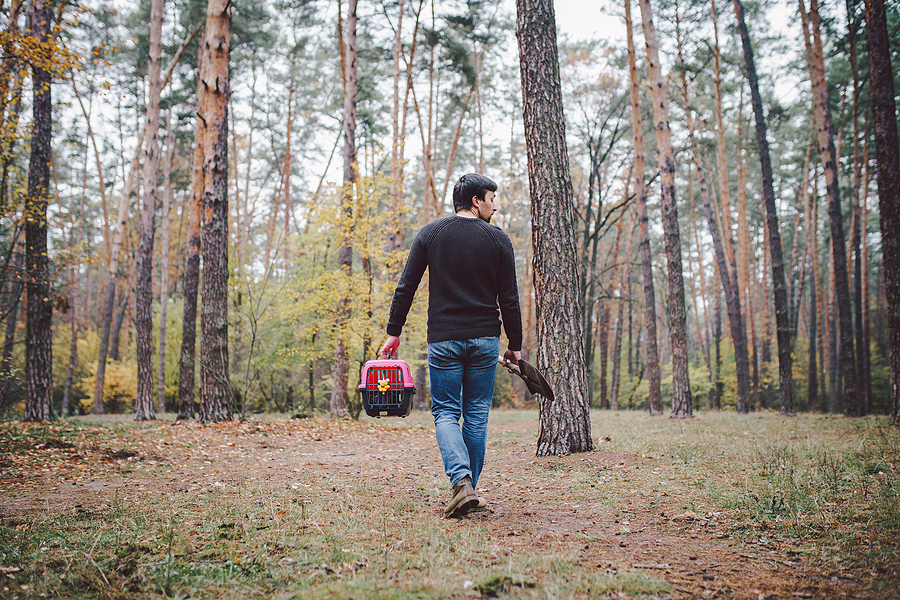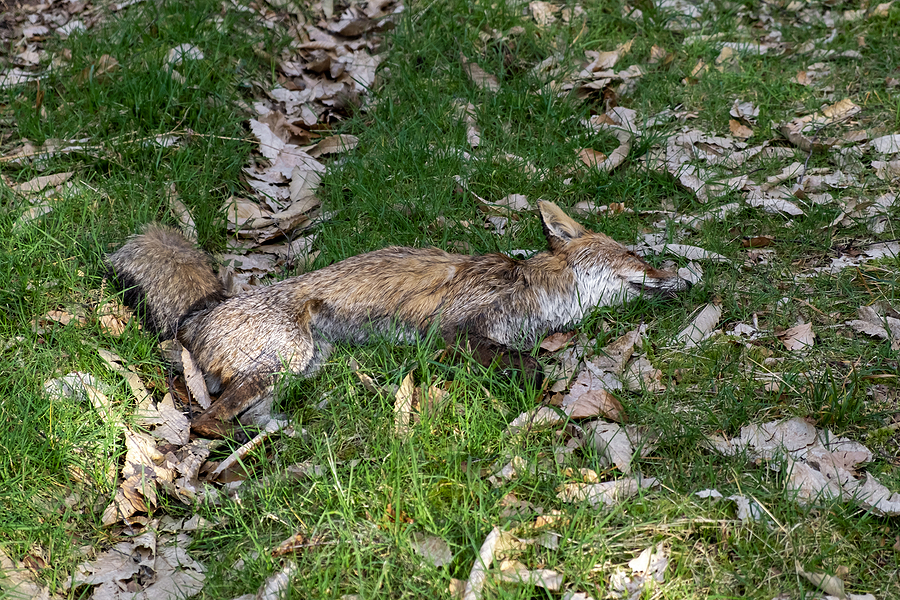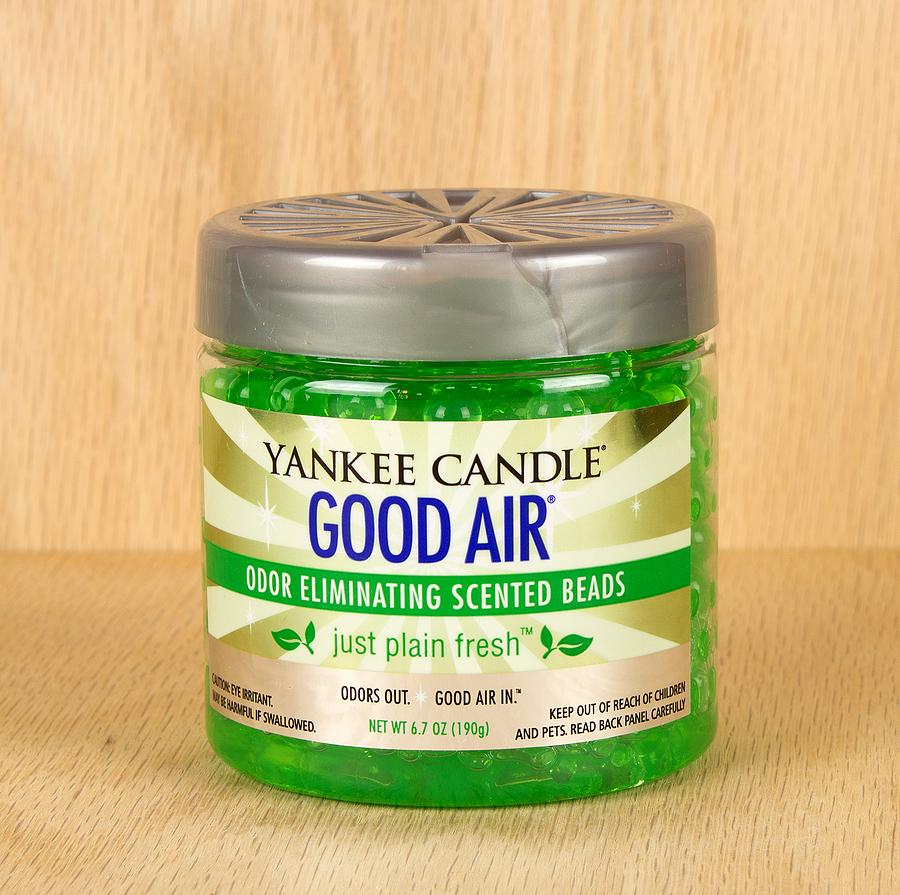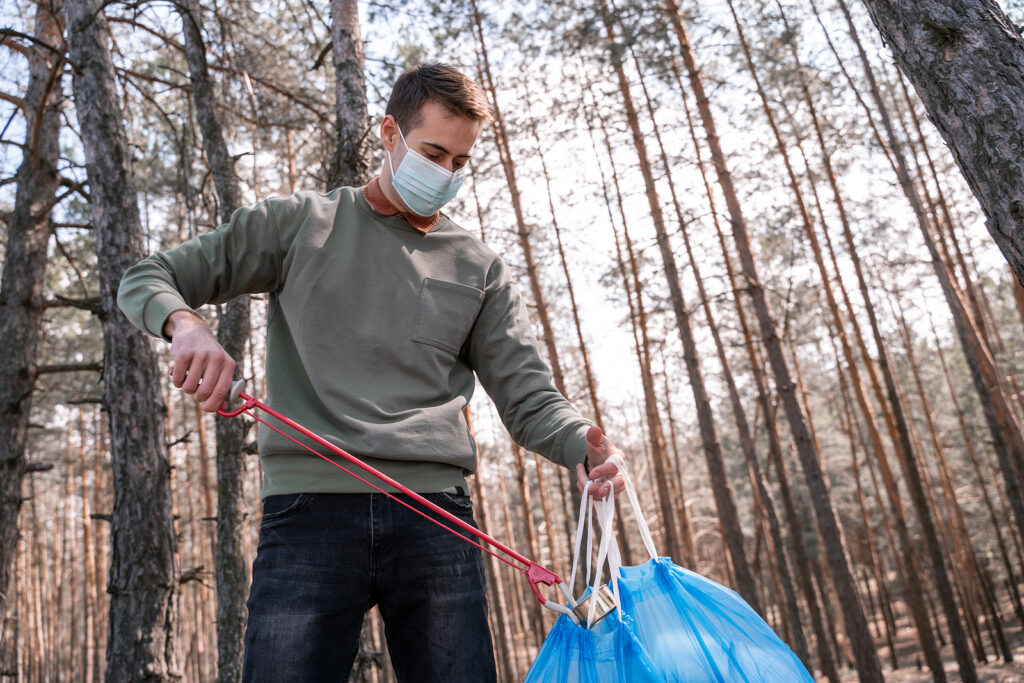Discovering a dead animal carcass in your yard can be an unnerving and often distressing experience. The sight and smell that come with this scenario warrant immediate action, but many homeowners aren’t sure about the right steps to take. In this detailed guide, we will walk you through the process of safely and efficiently handling a dead animal carcass, reinforcing the importance of prompt action for both your health and the environment.

Why You Can’t Ignore a Dead Animal in Your Yard
Before we move on to the practical aspects of animal carcass removal, it’s crucial to understand the seriousness of the issue. Deceased animals, no matter their size, can present significant health hazards. They often carry diseases, and their remains attract a variety of pests, including flies, maggots, and larger scavengers. Leaving a dead animal to decompose in your yard not only poses immediate risks but can also contaminate soil and water sources over time.
Health and Safety Concerns When Handling Dead Animal Carcasses
There’s a laundry list of health risks associated with dead animal carcasses, from bacterial and parasitic infections to the spread of zoonotic diseases like rabies and leptospirosis. Exposure to some of these pathogens can occur through direct contact with the carcass, its bodily fluids, or contaminated surfaces. It’s not just your health at risk, either—pets that have access to the yard or other animals in the vicinity are in danger as well.
Identifying and Assessing the Situation
Your approach to handling a deceased animal will depend on a few key factors. It’s important to gauge the situation thoroughly before taking any further steps.
Size and Type Matters
The type and size of the animal will dictate your response. A small bird, for instance, may warrant a different process than a larger mammal. Identifying the animal will also help in understanding potential diseases it may carry, especially if you’re dealing with wildlife instead of domesticated pets.
Assess for Decay
The level of decomposition is a critical factor in risk assessment. A freshly deceased animal will pose fewer health hazards than one that has been decomposing for days or weeks. Knowing the state of the carcass will guide you on whether to proceed with the disposal yourself or to opt for professional help.
DIY Dead Animal Removal Techniques
If you decide to tackle the removal process on your own, safety should be your number one priority. Here are some steps to keep in mind:
Dress for Success
Before coming into contact with the carcass, it’s essential to protect yourself. Wear disposable gloves, a mask, and clothing that covers your body properly. If you have any cuts or abrasions on your skin, consider covering them with waterproof bandages.
Use the Right Tools
Put together a “clean-up kit” that includes a durable shovel, a sturdy garbage bag, and a strong cleaning solution. Use the shovel to carefully transfer the animal into the bag. Avoid any contact with your skin.
Disposing of the Remains
Once the animal is securely bagged, tie the bag tightly and place it within a second garbage bag for an extra layer of protection against leaks or odors. Promptly dispose of the double-bagged carcass in a covered trash can, or, if local laws allow, bury the remains at a good distance from any water sources or vegetable gardens on your property.
Professional Wildlife Control Services for Dead Animal Removal
Sometimes, the best course of action is to leave dead animal removal in the hands of professionals. Wildlife control services are equipped to handle the process safely, efficiently, and legally.
Benefits of Professional Help
Wildlife removal experts have the necessary training and equipment to handle dead animals without putting themselves or others at risk. They are also well-versed in local laws and regulations regarding dead animal disposal.
Choosing the Right Service
When selecting a wildlife control service, be sure to vet them thoroughly. Look for certifications, ask about their methods for handling and disposing of carcasses, and inquire about the guarantee and cost of their services.
Preventive Measures to Safeguard Your Property
The last thing any homeowner wants is to encounter a dead animal in their yard. Taking proactive wildlife control steps can minimize the chances of it happening again.
Minimizing Yard Attractions
Regularly check your yard for any potential attractors, such as accessible trash or pet food, and promptly remove them. Keep your yard clean and well-maintained to dissuade animals from establishing it as a potential resting place.
Inspections and Maintenance
Conduct periodic inspections of your property, including your fences and any potential entry points. If you know a particular species of wildlife is prevalent in your area, take extra precautions, such as securing lids on your trash cans, to avoid inviting them onto your property.
Conclusion
Dealing with a dead animal carcass is an unpleasant but at times necessary duty. By approaching the task with caution and, when needed, involving professional assistance, you protect not only yourself and your family but also contribute to keeping your community safe and healthy. Swift and appropriate action is key, and the measures taken to dispose of the animal are as crucial as those to prevent its untimely demise in the first place. With this comprehensive guide, you are well-equipped to face the circumstances if and when they arise, ensuring your yard remains a sanctuary of health and peace.
Are you concerned about the nuisance wildlife on or around your property? Contact Smoky Wildlife Control at 615-610-0962 for TWRA licensed and insured wildlife removal and control services in Nashville, Tennessee, and surrounding counties. We serve residential and commercial clients.
Related Posts:
FAQS About Dead Deer Removal and Deer Repellent
What to Do When You Find a Dead Animal in Your Yard
How to Eliminate Dead Animal Odor in Your House




